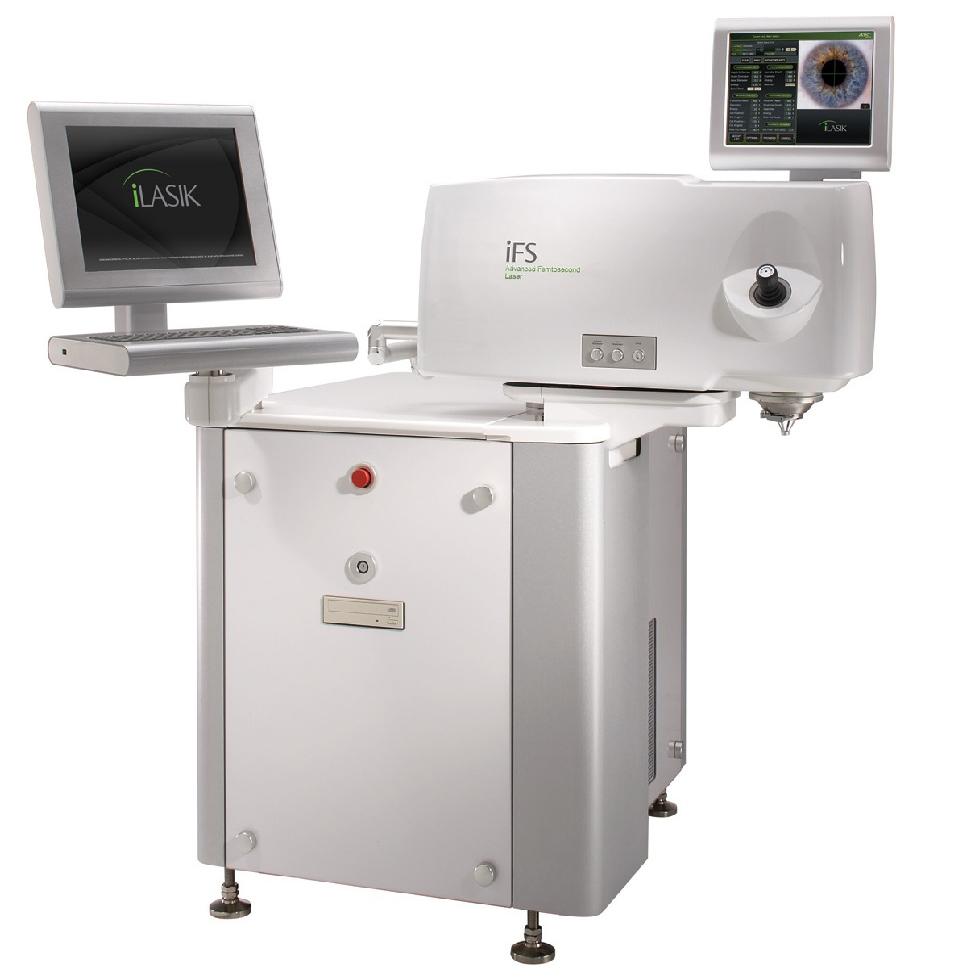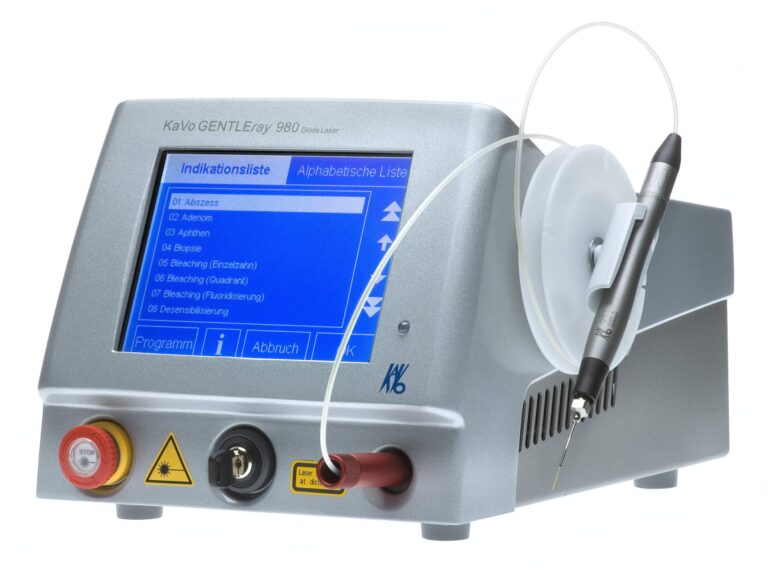Ophthalmic procedures in veterinary medicine require a high degree of precision and care, given the delicate nature of the eye. With advancements in medical technology, diode lasers https://omnilase.us/companion-animals/ have emerged as an invaluable tool in treating various eye conditions in animals, providing both accuracy and minimally invasive intervention.
Diode Lasers in Common Ophthalmic Procedures
Eyelid Abnormalities: Conditions like entropion (where the eyelid folds inward) can cause discomfort or even damage to an animal’s eye. Diode lasers allow for precise correction of these abnormalities, minimizing tissue damage and ensuring quicker recovery.
Ocular Tumors: Benign and malignant tumors in or around the eye can often be addressed using diode lasers. The advantage here is the precise targeting of tumor cells, ensuring healthy tissue remains unaffected.
Glaucoma Treatment: Glaucoma results from increased pressure within the eye, which can lead to pain and potential blindness. Diode lasers can be used to modify the eye’s drainage angle or reduce the production of intraocular fluid, thus alleviating pressure.
Retinal Disorders: Certain retinal conditions, such as retinal detachment or vascular abnormalities, can benefit from laser treatments. The precision of diode lasers ensures that only the affected retinal tissue is treated, preserving vision and preventing further deterioration.
Advantages of Diode Lasers in Ophthalmology
Precision: Given the delicate structures of the eye, precision is paramount. Diode lasers offer pinpoint accuracy, ensuring that only the target tissue is affected.
Reduced Trauma: Traditional surgical methods can be more traumatic and may require more extended recovery periods. Laser procedures are typically less invasive, leading to quicker healing.
Decreased Risk of Infection: The very nature of laser procedures, with their capacity for sterilization, can reduce the risk of post-operative infections.
Minimized Scarring: Laser procedures tend to leave behind minimal to no scarring, crucial for maintaining optimal vision and appearance.
Challenges and Considerations
While diode lasers offer numerous benefits, there are considerations:
Cost: Advanced laser equipment can be expensive, potentially leading to higher treatment costs.
Training: Proper usage of diode lasers requires specialized training to ensure safety and effectiveness.
Not a Cure-all: While lasers have expanded treatment options, they may not be suitable for all ophthalmic conditions. A comprehensive diagnosis and treatment plan remain essential.
The inclusion of diode lasers in veterinary ophthalmology signifies a promising stride forward in the care and treatment of our animal companions’ vision. As technology continues to evolve and as more veterinary professionals embrace these advancements, the future for treating eye disorders in animals looks brighter than ever.
